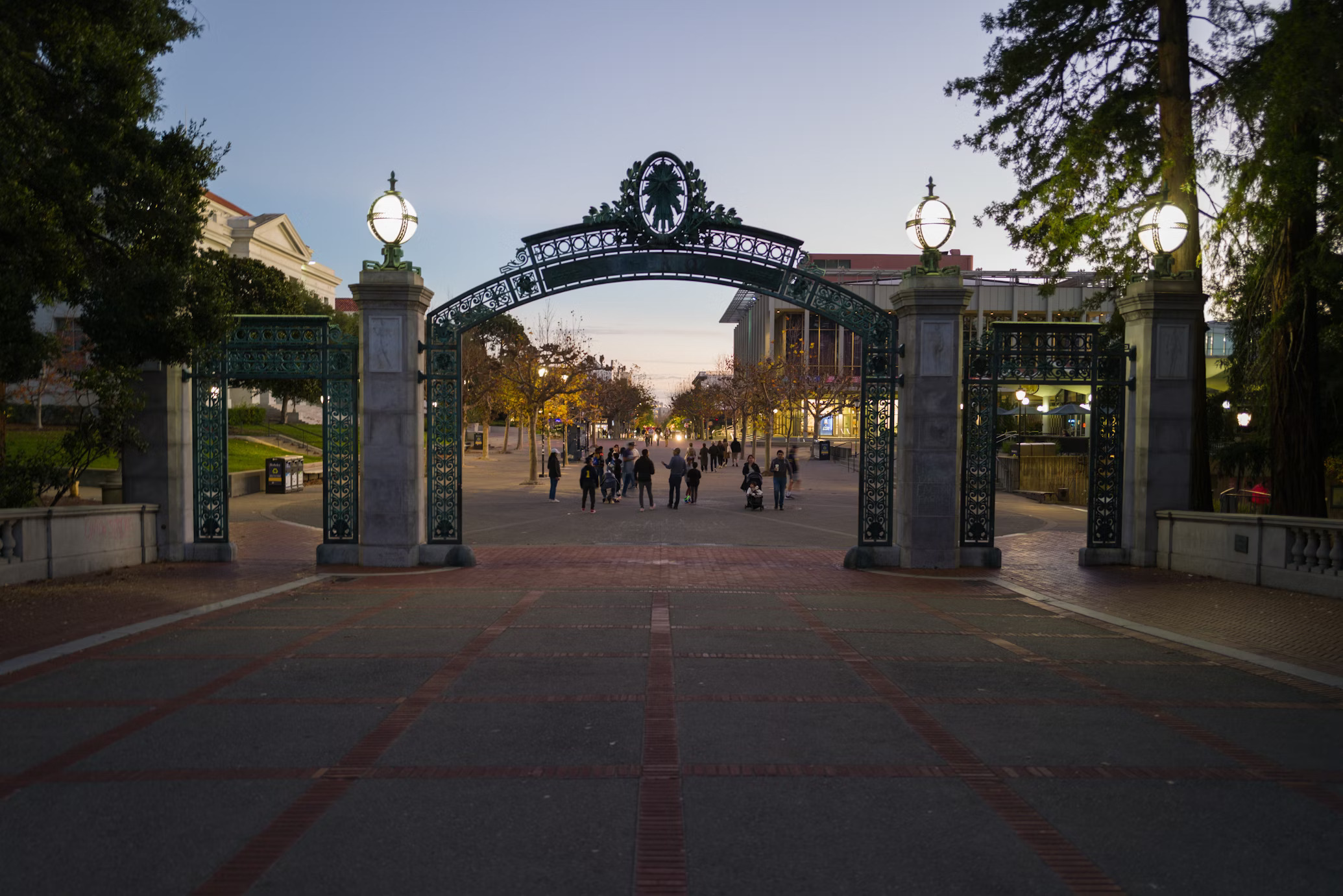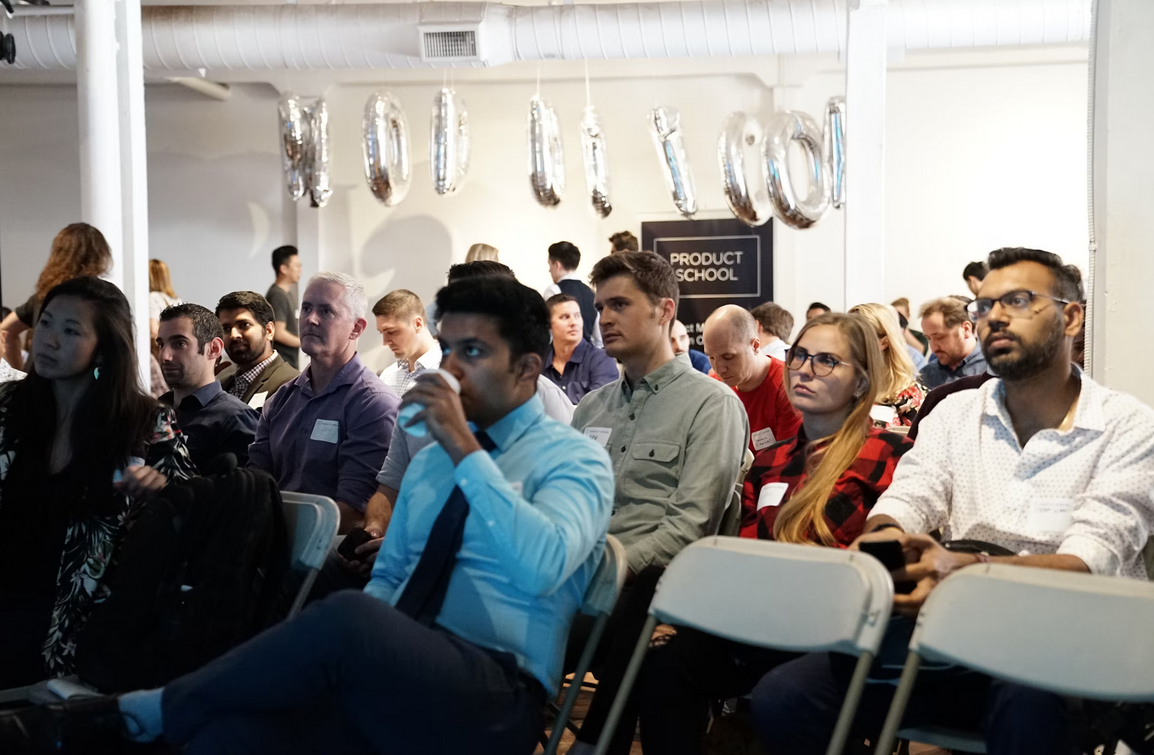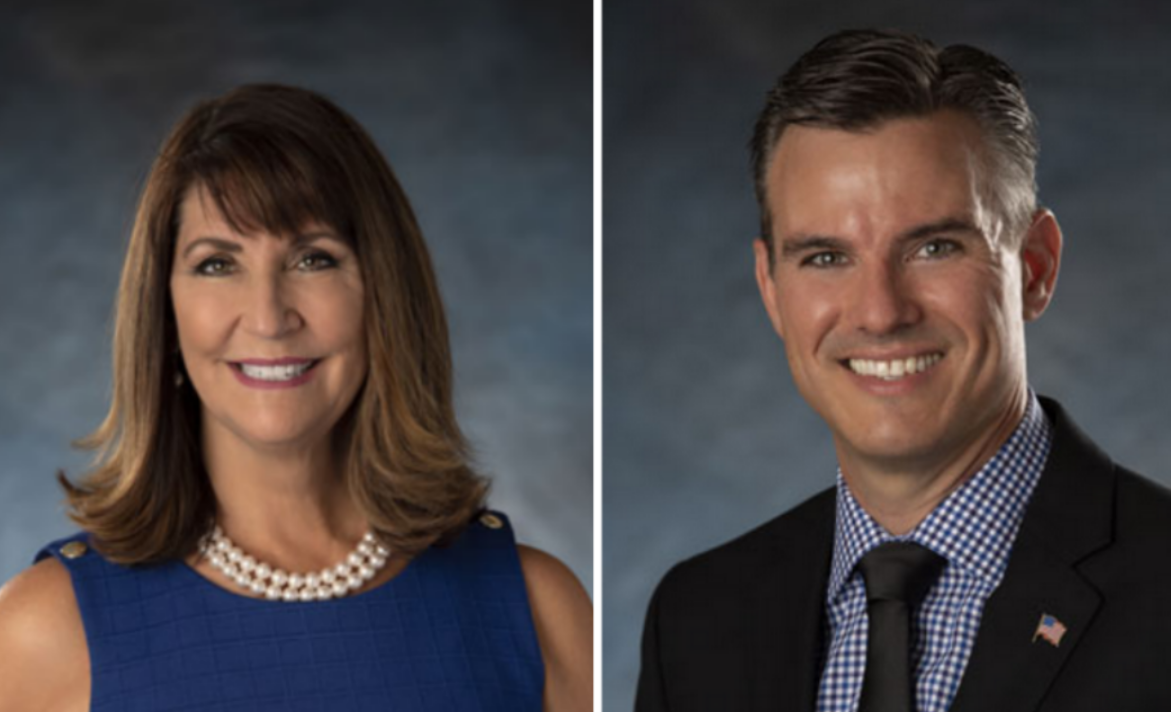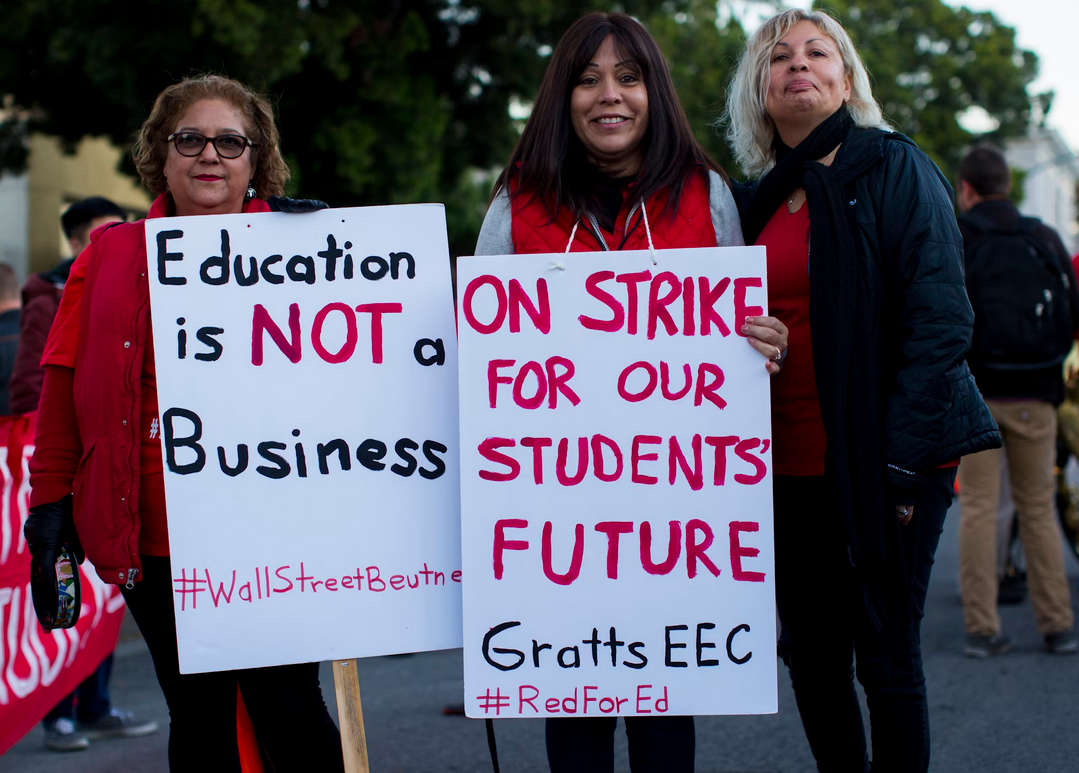
Experienced UIUC graduate student specializing in Math, Computer Science, and Writing
Availability:
Every day, 10:00am-10:00pm PST
Subjects:
Math
Computer Science
Writing
Harris Continues Fight Against Four-Year College Requirements in Jobs
Last Updated:

- The former Vice President called out "unnecessary degree requirements" that don't reflect "one's skills"
- Higher education continues to be very expensive for most Americans
- The Trump and Biden administrations, as well as companies like Google and Tesla, have agreed
U.S. Vice President Kamala Harris has pledged to get rid of “unnecessary degree requirements” for federal jobs if elected President, and she “will challenge the private sector to do the same.”
At the speech in Pennsylvania, Harris claimed that four-year degrees do not “necessarily talk about one’s skills.”
Worrying Developments in Higher Education
Trends in U.S. higher education haven’t looked good in the last few decades. Over the last 50 years, the average college tuition rate has tripled, adjusting for inflation. Since 2015, the public confidence in U.S. higher education has nearly been cut in half, down to just 36% now.
At the same time, the competition to get into colleges is harder than ever. Since 2017, UCLA’s acceptance rate has fallen from 16% to 8% in 2024. Almost every UC campus has experienced a double-digit drop in acceptance rates since 2007.
Private education companies are aware that students and parents are desperate to find a foothold into colleges that will open doors to new opportunities. Many college consulting services promising to help students gain college admissions quote over $10,000 for just one hour a month for a year. Anecdotally, I’ve heard rates as high as $30,000 from junior to senior year.
That could pay for a semester of tuition at most colleges!
Americans Value College Degrees Less
Harris claims that America has emphasized four-year degrees as the only path to success for too long, overlooking “apprenticeships and technical programs” as alternate ways to have great careers.
However, Harris wasn’t the first to echo this sentiment. Back in 2020, President Donald Trump signed an executive order directing the federal government to focus on skills-based hiring instead of emphasizing a college degree.
Trump’s executive order meant that a federal agency can only list a minimum educational requirement if it was “legally required to perform the duties of the position.”
There are many other problems with hiring at the federal government, such as pay scales not competing with private sector salaries, unclear hiring processes, bureaucratic hurdles that delay and incapacitate workers, and more.
Top Companies Value Skills Over Pedigree
Further, many private companies are already recognizing the limitations of requiring a four-year degree. 1 in 3 U.S companies eliminated bachelor’s degree requirements from job postings this year, and another 25% have plans to do so in 2025.
Companies are beginning to recognize that a lot of talented employees don’t go to college because it’s either unaffordable or because they have skills you get from the workforce instead of the classroom.
As the rate of technical progress accelerates, especially in software and AI, classrooms are often seen by employers as outdated places to learn the newest skills relevant for industry.
Harris is tapping into a sentiment that’s increasingly popular with Americans on both sides of the partisan divide. She’s not the first to bring up concerns with emphasizing a four-year degree, but she’s still continuing a trend from both politicians and private companies to make economic opportunities more accessible.
While this may make desirable jobs more accessible, it might also end up making the competition even more intense with a larger labor pool fighting for the same opportunities. That’s good for companies, but it may be a challenge for skilled workers who are already concerned about staying relevant in a globally connected economy.
Related Articles

UN Initiatives Paint Optimistic Picture For Girls' Education

Finland's Education System Succeeds Because of Equity and Diversity

The Competition for College Seats is Not Sustainable

Pleasanton Mayoral Candidates Square off Over 10 Key Issues

Teacher Shortage Crisis: Overworked, Underpaid, Stretched Thin, Burnt Out
